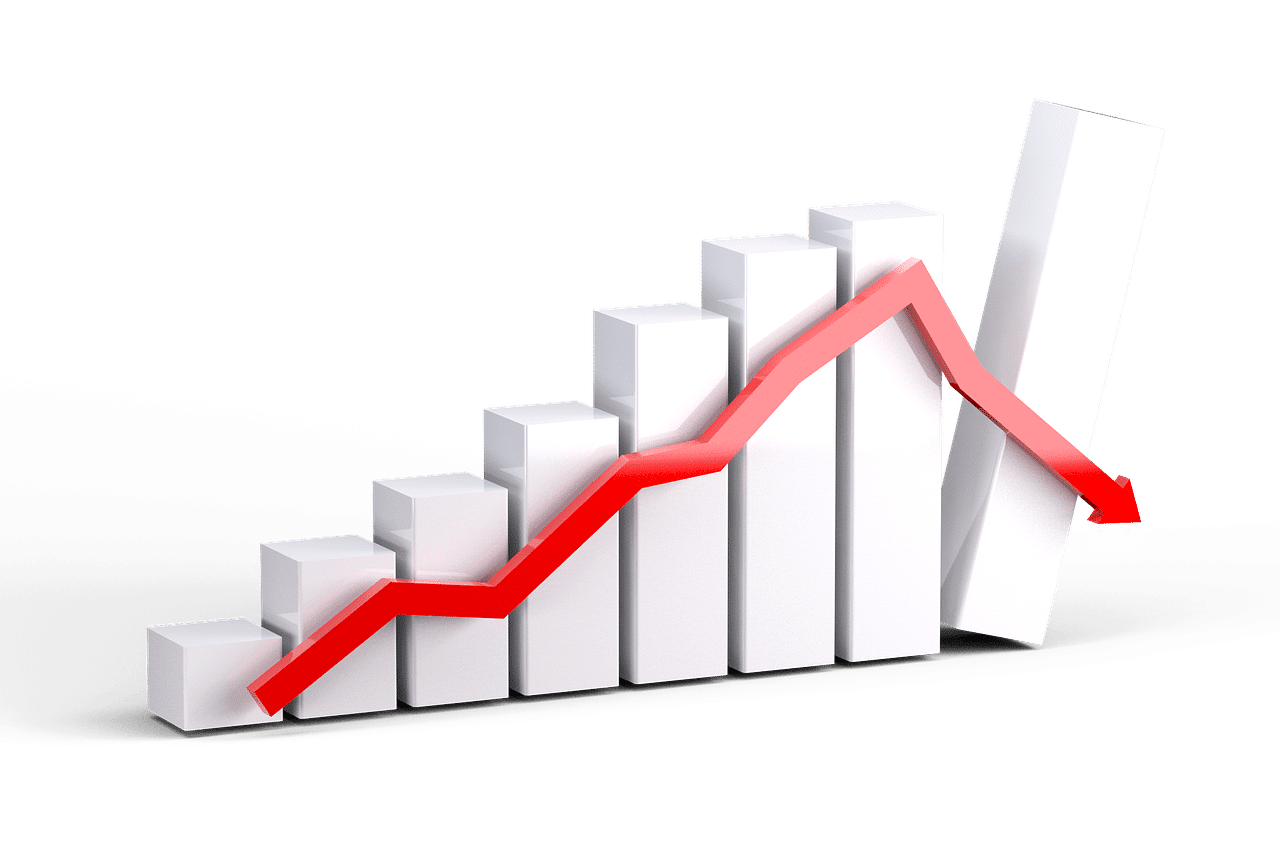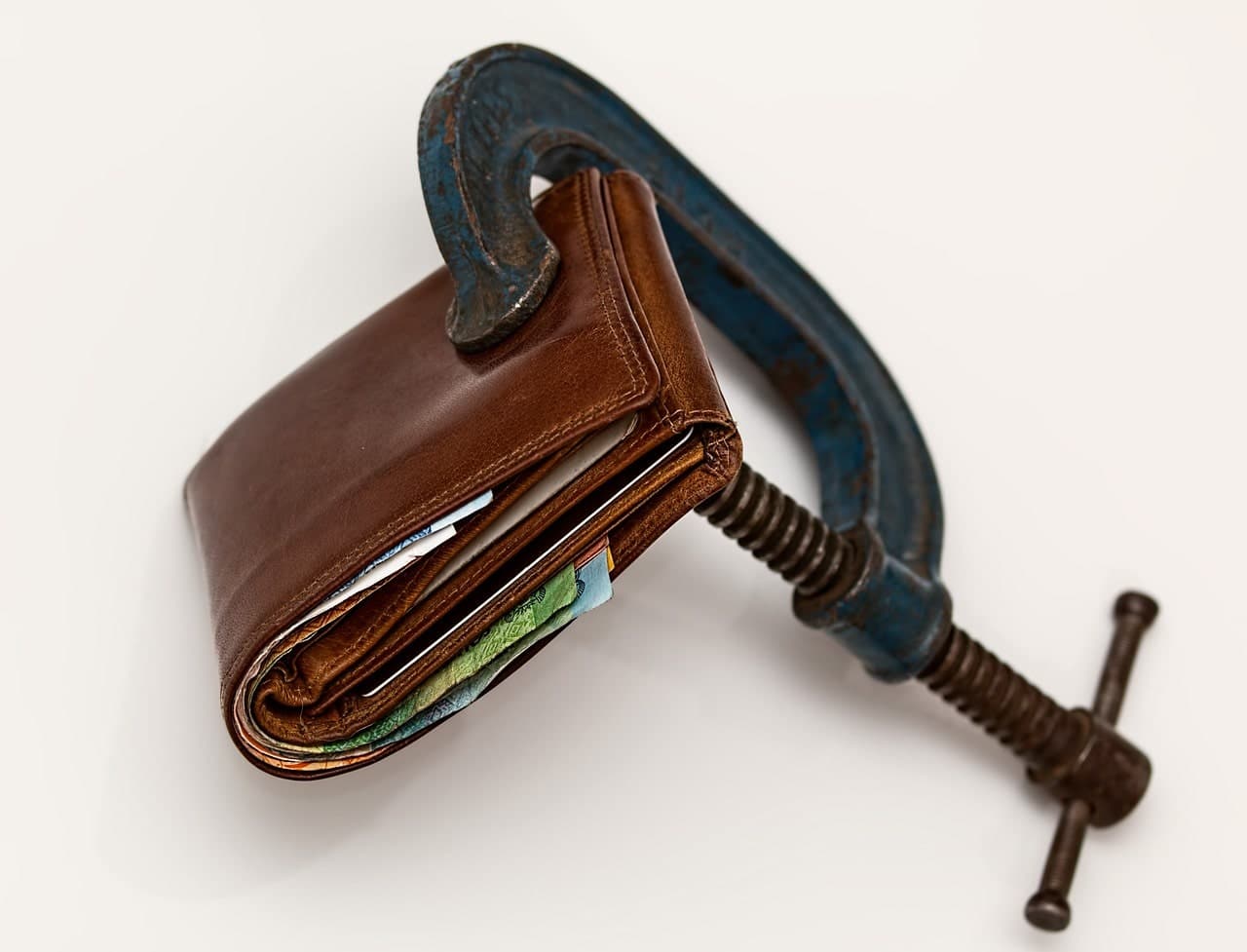In the previous article, we discussed how the only asset that provides sufficient confidence to hold your money over time is government debt. However, we also said that for a country to offer low interest rates, translating as zero risk, the country needs to be in a good economic situation.
So why is Spain’s interest rates so low, even reaching negative territory, if we are currently in a dire economic situation?
Well, Spanish public debt is considered solvent by the investment community, not because of the Spanish State, but because the European Union, through the ECB, guarantees our debt.
In 2012, Mario Dragui, the former president of the ECB, said that he would do everything necessary to save the euro and insisted to investors that he would do everything possible to save the euro, trying to say that the ECB would buy all the securities of any country that was in a situation of insolvency, so that the risk premium of those countries would go down and the investment would continue to be profitable.
Since then, this socialization of risk has been increasing, with the latest example being the ECB’s purchase of public debt from all Eurozone countries, especially Spain and Italy (since these are the countries where it will buy the most debt at zero cost).
Therefore, the national government liabilities of the Spanish debt are being transferred to the liabilities of the Eurozone as a whole, and as the Eurozone continues to be solvent (due to Germany, Austria, Finland…), it is acting as a guarantor, backing Spain’s debt.
In view of the above, we might think that we can then forget about the debt and the deficit, because if we are being paid for getting into debt, then let’s go on getting into debt, as if nothing happened.
The problem may come when Germany or the countries that are part of productive Europe get tired of favoring profligate countries like ours, of issuing practically unlimited public debt, and start not to support us. Then we will be left with our panties in the air and we will blame the government of the day.
Another possibility that could occur is that if a state gets heavily indebted, the investment community may get its wires crossed and start to distrust its solvency, generating an expulsion of capital from our liabilities resulting in an increase in interest rates, and then we will again ask ourselves what we have done wrong.
Finally, there is also the possibility that, in the not too distant future, private institutions (due to the technological boom or X factor), will offer much higher yields with greater risk aversion, causing investors to switch from placing their capital in public debt to investing it in private investments, causing interest rates to rise and discouraging investment in our country.
It is then that for the third time, we would ask ourselves again who is going to pay for the duck that our rulers are causing, increasing OUR debt in a disproportionate and uncontrolled way.
We all know the answer, and it is that some pay for the dish of others, and in these circumstances, it will be up to the Spanish society as a whole to pay for it.










